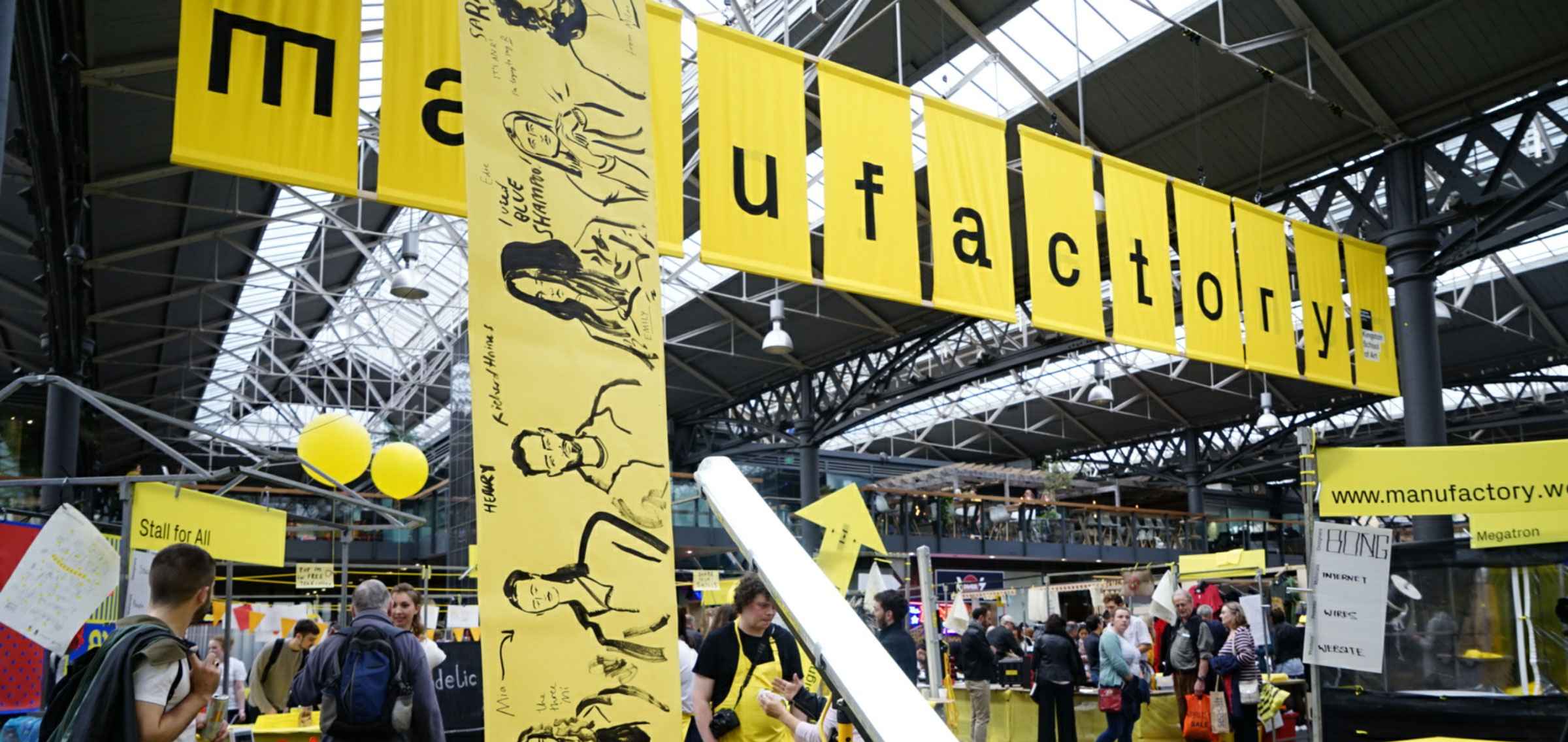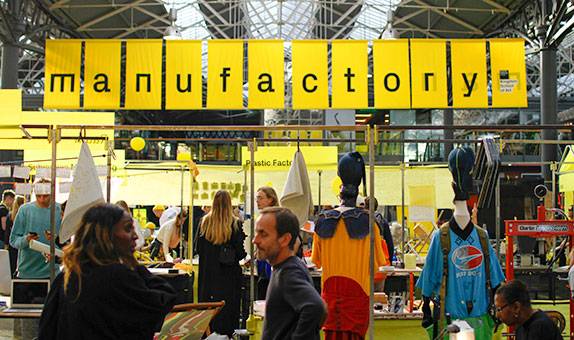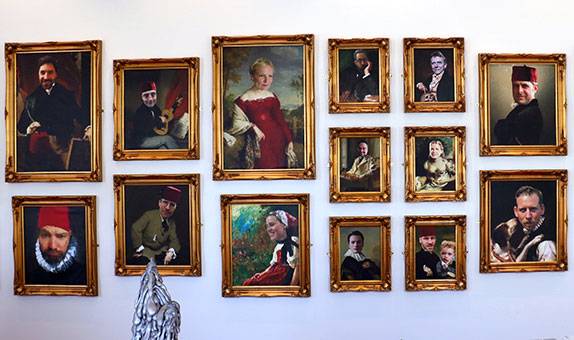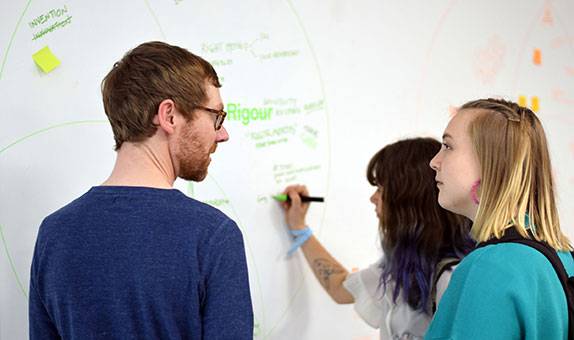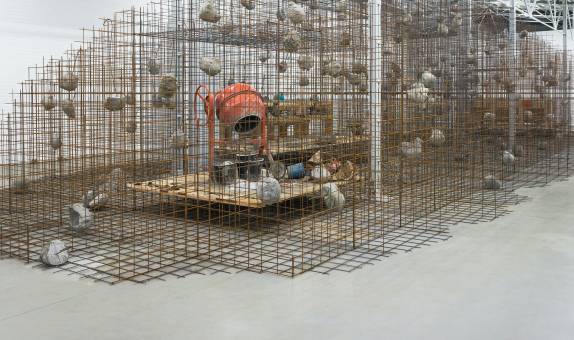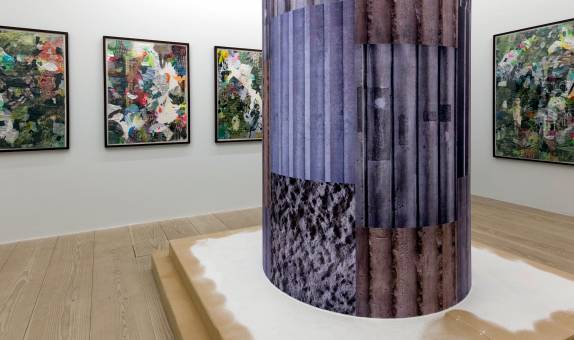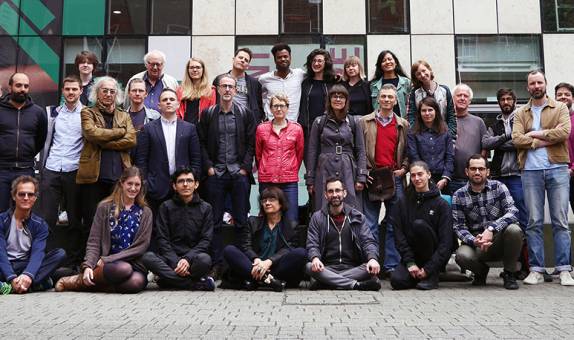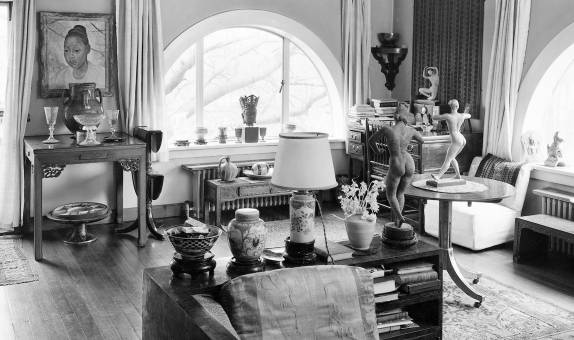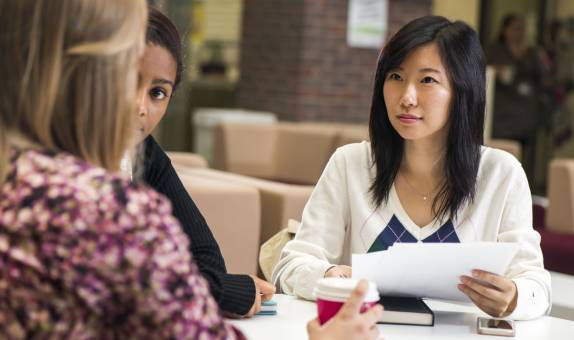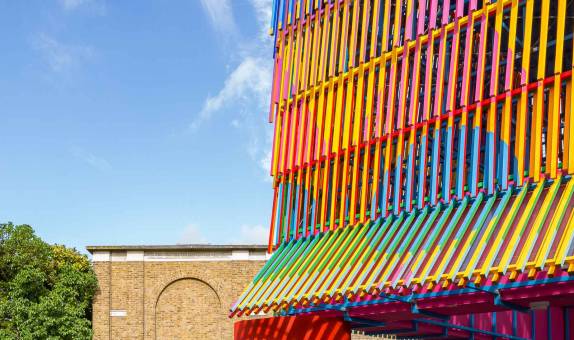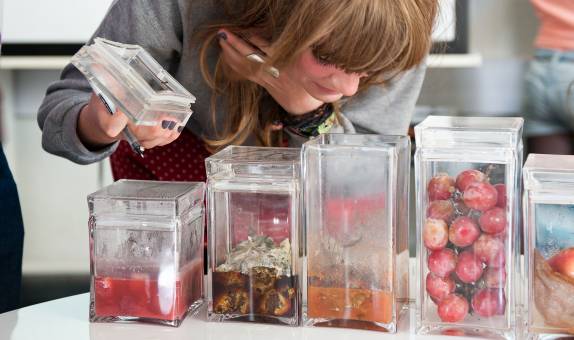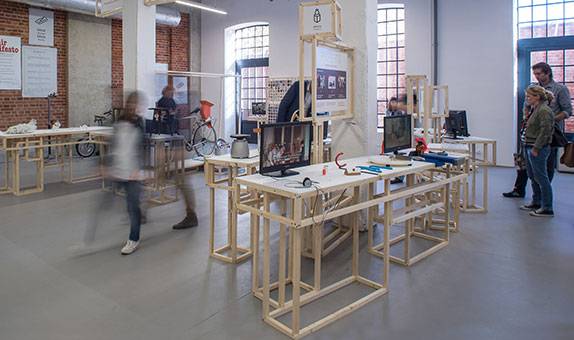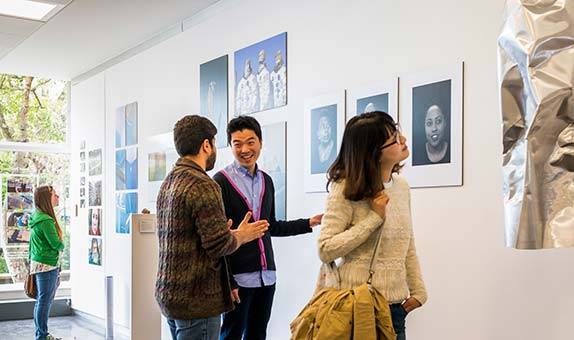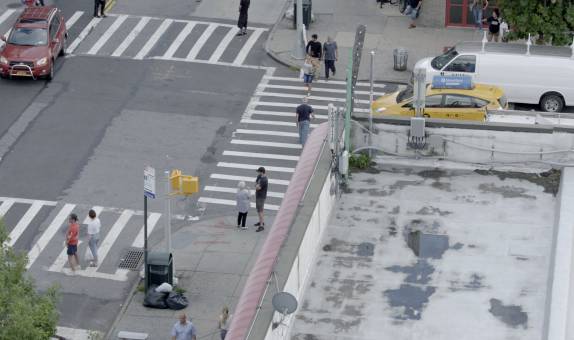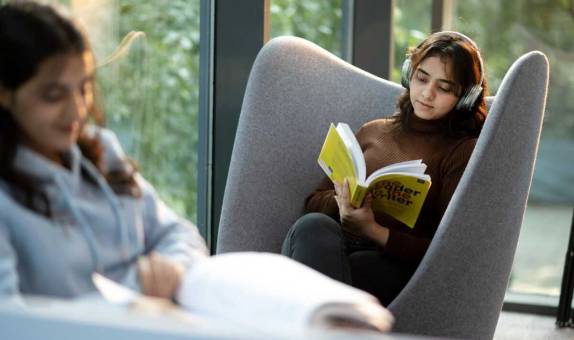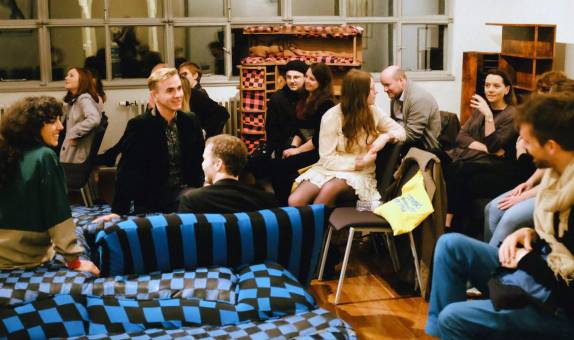Exhibitions, conferences and events
Our Practice Our Methods
Our Practice Our Methods is a series of showcase and round-table events focused around practice-based and design research with the aim to celebrate the diverse and dynamic methods, processes and outputs of the faculty, staff, students and wider Kingston community. Curated and hosted by Marloes ten Bhömer, chair of the Research Through Design Group.
Practice-Based Research: Conversations on the Lifecycle of a (Post) Graduate Researcher
Practice-Based Research: Conversations on the Lifecycle of a (Post) Graduate Researcher is a series of discursive seminar events focused on practice-based research. The events are platforms for expanding, progressing, and celebrating the dynamic methods, processes and outputs of Kingston School of Arts Post Graduate Research students and alumni. Curated and hosted by Marloes ten Bhömer, chair of the Research Through Design Group.
Future Publishing
16 June 2023
"One publishes to find comrades!" André Breton
This event comprises a workshop and round table discussion. The discussion presents diverse examples from a project entitled 'Future Publishing' that tasks graphic design undergraduates to find a form to publish their 7,000-word thesis essay for an audience (beyond their theory tutor).
The definition of ‘publish' is pushed to include the physical, digital, experienced, participatory, audible and immersive. Textual thesis content is editioned, edited, re-organised, expanded and sometimes performed in a range of project outcomes that explore ‘Publication as'…. book, object, exhibition, event, prototype, dialogue, reflexivity, gamification, voice and metaphor.
Content for the publication will draw from five years of ‘Dissertation Publication' outcomes produced by L6 BA Graphic Design, with editorial contribution from Linda Byrne, Lina Hakim, Joe Hales and Marcus Leis Allion. The publication design will be led by Linda Byrne and run as a collaborative design project with alumni teaching assistants and current cohort.
- 16 June 2023
- Publishing Praxis Presentation (Linda Byrne with Lina Hakim)
- Group Discussion (Linda Byrne, Lina Hakim + alumni & current cohort) facilitated by Ruth Blacksell
- Publication Workshop (Linda Byrne, Joe Hales + alumni & current cohort)
- Prototyping a Publishing Praxis Publication (using the presentation and discussion content)
The Offshore Art School
08 November 2022, Stanley Picker Gallery
Initiated by Cathy Gale, the Offshore Art School (OAS) is conceived as a fictional floating institution, an educational heterotopia; liminal, unregulated, nomadic, itinerant, student-led, co-constructed, a conceptual site, a collective, a/any place. A fun palace rather than a factory. Underpinned by fiction as a research method, students are framed as pedagogic actors in a social imaginary.
The mythical (fictional) status of the art school underpins current pedagogic principles, course structures, metrics, and curricula and yet the ‘reality' of the neoliberal university is determined by capitalist concepts of knowledge production or consumer exchange in a market economy. The OAS offers genuine intellectual and creative freedom to students and educators as co-researchers instigating interdisciplinarity and convivial discourse across subjects, levels, and institutions to imagine art school ‘as if' for the first time.
Using fiction as a research method and critique the OAS is imagined as a space for untold stories, divergent positions on art school education unimpeded by the impasses of the ‘real'. Convivial discourse is employed as a democratic and respectful means of determining the ship's purpose and possibilities, flattening the hierarchies of art school education and the hidden curriculum, rewriting the socio-cultural rules (manifestos) of engagement with the world, the self, and the subject.
Illustration Research Symposium #11
Education & Illustration: Models Methods Paradigms
11-12 February 2021, Kingston University
The 11th Illustration Research Symposium was hosted by Kingston School of Art in February 2021, and organised by Rachel Gannon and Mireille Fauchon. To celebrate the publishing of the landmark book Illustration Research Methods (Gannon and Fauchon, 2021) the Illustration Symposium called education into focus. The theme of the conference took a particular critical position. As the traditional role of the 'illustrator ‘for hire' diminishes and illustration practices become ever more chimera-like, the current high demand for illustration courses raises important questions around how we educate a future generation of illustrators and make known their value to employers, collaborators and commissioners, outside the 'bubble' of academic study. We know that the case for criticality in the subject is urgent.
The symposia incorporated presentations from over 70 international academics, professional practitioners and recent graduates as well as a virtual poster forum and an exhibition showcase. Over 800 registered to attend the event, making this the largest illustration research gathering globally. The conference hosted the launch of illustration educators an international network for those who have an interest in the education of illustrators.
For more information: https://illustrationresearch11.kingston.ac.uk
Desert Island Researchers
2019–20, Kingston University
Desert Island Researchers events aimed to promote inter-disciplinary research discussions. The event comprised of a series of short research presentations followed by two audio-visual research interviews in the style of Desert Island Discs (BBC Radio 4). Followed by critical discussions on format, content, and future speakers.
Research Conversations
2018–19, Kingston University
Research Conversations was a design research seminar series that took place in the academic year 2018-2019. The series aimed to bring together research staff and students to generate discussions about research through design. There were two presentations per seminar, followed by questions and discussion.
Manufactory
21–23 September 2017, Old Spitalfields Market, London
Manufactory took place during London Design Festival 2017. It saw designers turn stalls into live making spaces, and transform materials and stories integral to the market into new types of produce. The event explored four broad research agendas:
- Engaging local communities in making alternative futures
- Prototyping new models of enterprise for a historic urban market
- Using local assets and needs to remake a place and its identity
- Exploring what an urban market can be in the 21st century
Marking Domains
7 April 2017, Institute of Contemporary Arts
Marking Domains was a one-day conference exploring illustration and narrative art as a domain.
It asked, "Where is home for illustration and the narrative image?", contrasting illustration in the internal, domestic place of ‘home' with the external, public space of the ‘street'. Leading illustration practitioners and educators examined illustration as a visual form of increasing cultural and social significance.
Alternative Art School
2 November 2016, Kingston University
This one-day symposium brought together students and tutors from several colleges to collectively respond to the question: "What's so alternative about art school?"
The event explored long-standing traditions of risk and rebellion, interrogating the value of Art School as place, concept and transformative process.
